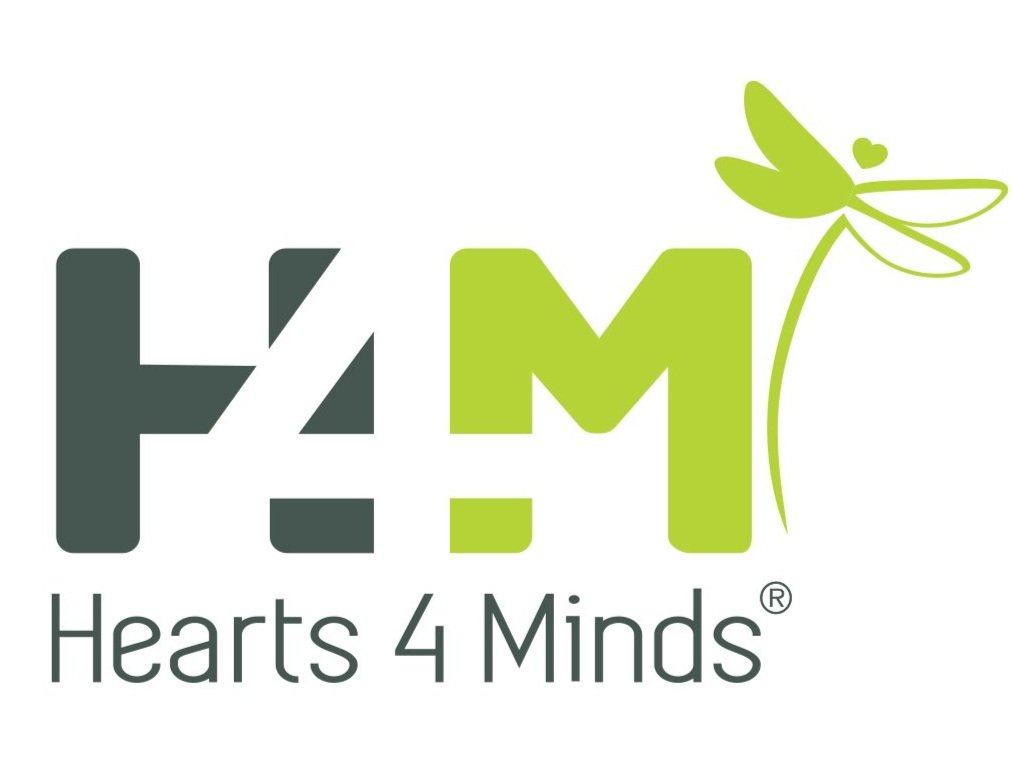Learning Disabilities
What are Learning Disabilities?
Learning disabilities are neurologically based conditions that affect how a person learns, processes, or communicates information. They interfere with skills such as reading, writing, spelling, or math, despite average or above-average intelligence.
These conditions are recognized in the DSM-5 under the category of “Specific Learning Disorder,” which can be specified as involving reading (dyslexia), written expression (dysgraphia), or mathematics (dyscalculia).
5–15% of people worldwide are estimated to have a learning disability, with dyslexia being the most common.
IDA: International Dyslexia Association [source]
TYPES OF LEARNING DISABILITES
-
A reading disorder that causes difficulty with word recognition, decoding, spelling, and reading fluency.
-
A writing disorder that causes problems with handwriting, spelling, grammar, and organizing written work.
-
A math disorder that can cause challenges with number sense, calculations, and understanding math concepts.
-
Trouble with memory, attention, following directions, or processing speed. Learning disabilities often co-occur with ADHD, anxiety, or language disorders.
WHAT TREATMENTS ARE AVAILABLE?
STRUCTURED LITERACY PROGRAMS
Programs such as Orton-Gillingham and Wilson Reading System use explicit, multisensory methods to teach reading, spelling, and writing. These approaches are among the most effective for dyslexia and related learning disabilities.
SPECIALIZED INSTRUCTION
Lessons are tailored to the individual’s specific area of difficulty, such as reading comprehension, written expression, or math skills.
ACCOMMODATIONS IN SCHOOL
Support may include extra time on tests, access to audiobooks, speech-to-text tools, or reduced assignments.
INDIVIDUALIZED EDUCATION PROGRAM (IEP) OR 504 PLAN
In the U.S., students may qualify for a formal plan that provides accommodations and specialized support through their school system.
SELF-MANAGEMENT
Using assistive technology
Breaking tasks into smaller, manageable steps.
Use organizational tools
Advocating for accommodations in school or work settings.
HOW DO I GET HELP?
BECOME AN EXPERT
Learn as much as you can about learning disabilities and the different types of support available. Stay up to date with current research and best practices for intervention. Build a personal library of helpful books, trusted websites, and resources from organizations like the International Dyslexia Association or the National Center for Learning Disabilities. Knowledge is empowering and helps you make informed decisions.
KNOW YOUR STRENGTHS AND CHALLENGES
Take time to notice what situations create the most difficulties and which environments allow you to thrive. For example, you may do better with oral presentations than written essays, or you might retain more information when lessons are paired with visuals. Being mindful of these strengths and challenges will help you advocate for the right tools, strategies, and accommodations.
PARTNER WITH EDUCATORS AND PROFESSIONALS
Work closely with teachers, specialists, and health care providers to develop a plan that fits your needs. Share your goals openly, and don’t be afraid to ask questions about the strategies being used. Remember, progress can take time. If something isn’t working, discuss adjustments rather than giving up. Collaboration is key to finding long-term solutions.
GET HEALTHY
Your overall health plays an important role in learning success. Good sleep, a balanced diet, and regular exercise can improve focus and mood, making it easier to manage academic challenges. Activities like yoga, mindfulness, or other stress-reducing practices may also help you stay calm and organized. Small, consistent steps toward wellness can make a big difference.
ADVOCATE FOR YOURSELF
Whether in school or at work, don’t hesitate to request accommodations that allow you to perform at your best. Tools such as extra test time, audiobooks, or assistive technology are not “shortcuts” but supports that level the playing field. Speaking up for your needs builds confidence and ensures you are given fair opportunities.
